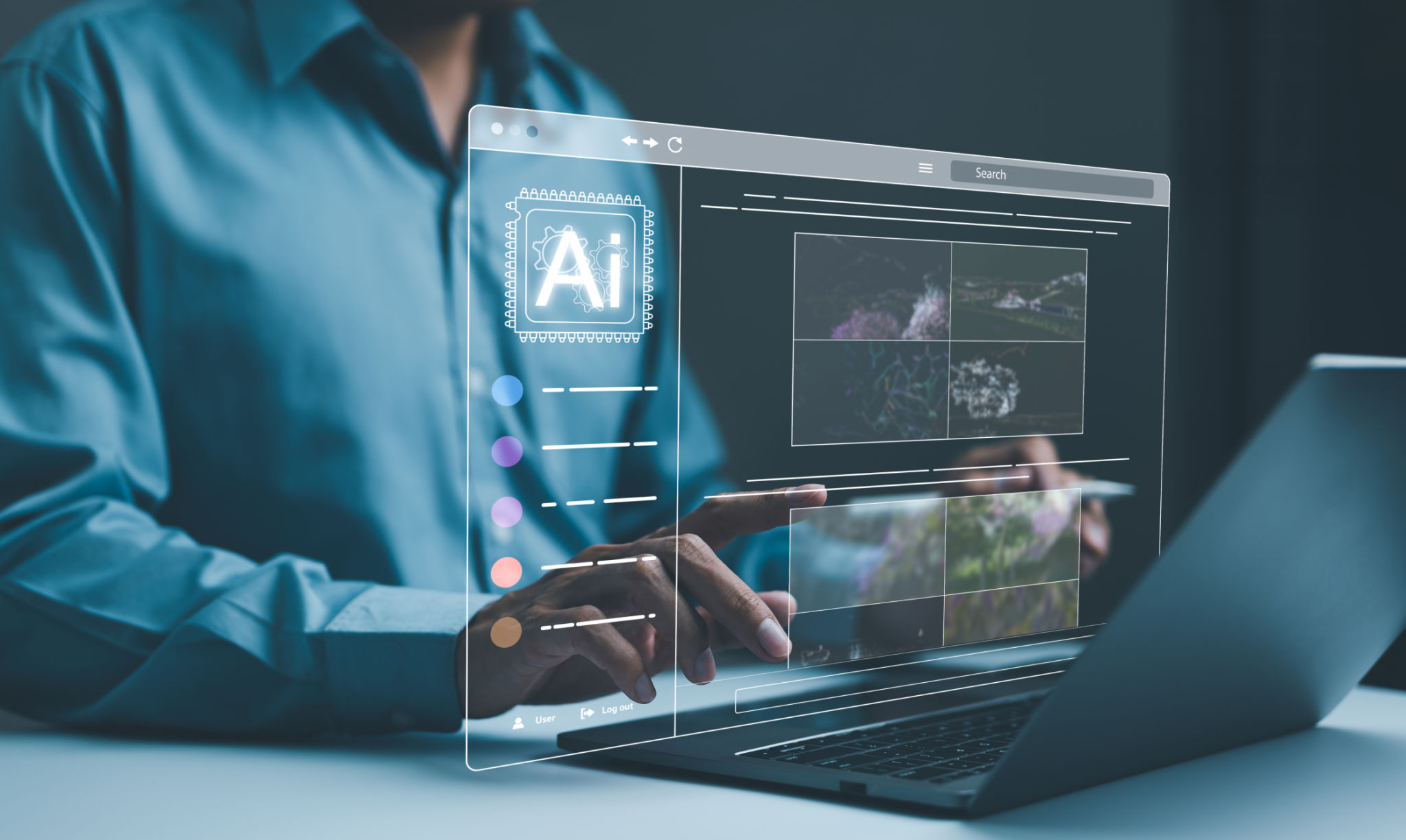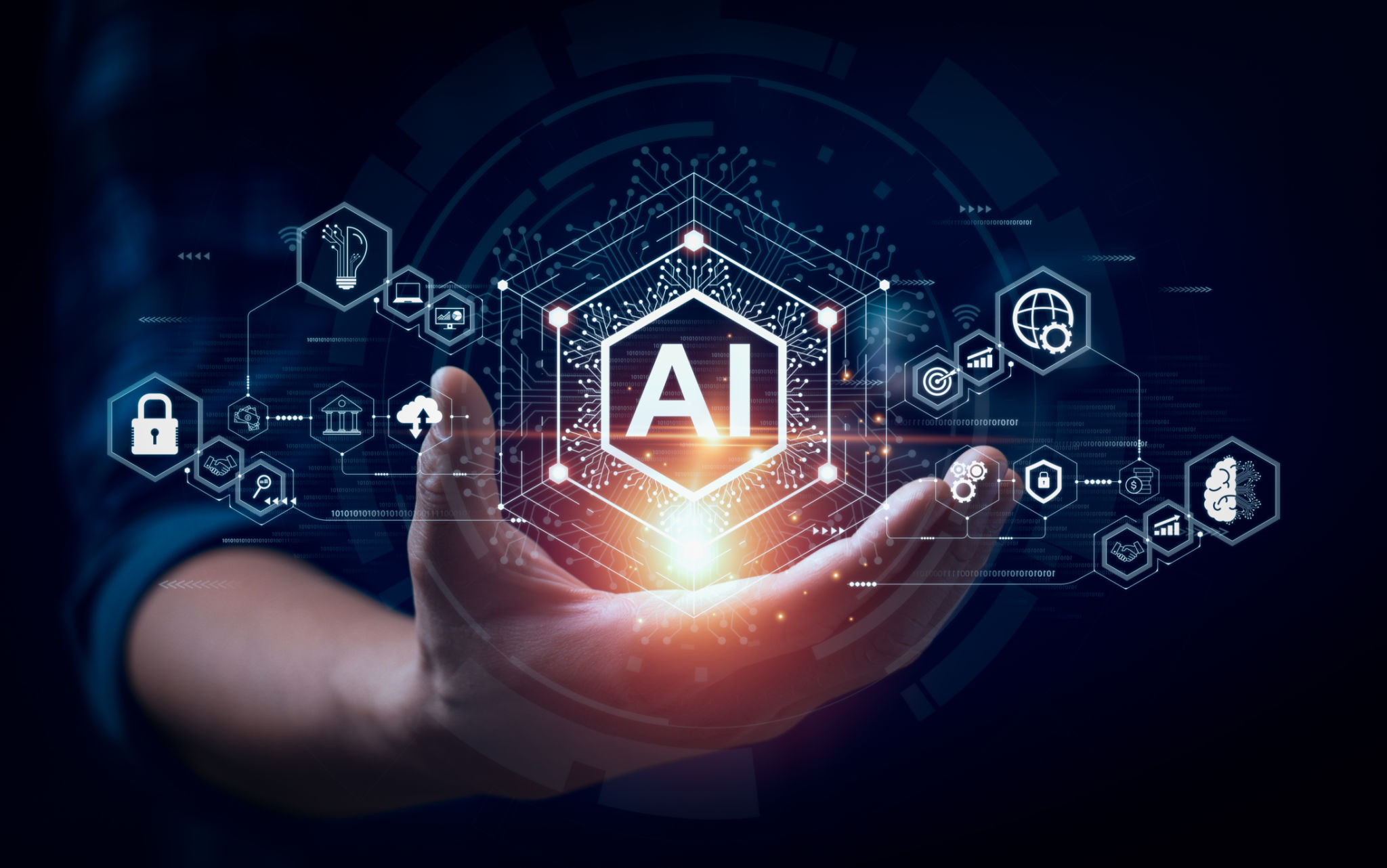Overcoming Common Misconceptions About AI in Business
Understanding AI in Business
Artificial Intelligence (AI) has rapidly become a cornerstone of modern business strategies. However, despite its growing presence, there are several misconceptions that often lead to hesitation in its adoption. Understanding and overcoming these misconceptions is crucial for businesses looking to leverage AI effectively.

AI Will Replace Human Jobs
One of the most prevalent fears is that AI will replace human jobs. While AI can automate certain tasks, it is more accurate to say that AI augments human capabilities. AI handles repetitive and mundane tasks, allowing humans to focus on more strategic and creative activities. For instance, AI in customer service can handle routine inquiries, freeing up human agents to deal with complex issues.
AI Is Only for Large Corporations
Another common misconception is that AI is only suitable for large corporations with massive budgets. In reality, AI solutions are becoming increasingly accessible to businesses of all sizes. Many AI tools offer scalable options that can be tailored to fit the needs and budgets of small and medium-sized enterprises (SMEs). As a result, SMEs can also benefit from AI-driven insights to enhance their operations.

AI Is Too Complex to Implement
Many businesses shy away from AI due to the perceived complexity of its implementation. However, advancements in technology have made AI more user-friendly. Numerous platforms offer intuitive interfaces that simplify the integration process. Additionally, many vendors provide comprehensive support and training to ensure smooth adoption.
AI Lacks Creativity and Emotion
It is often argued that AI cannot replicate human creativity and emotional intelligence. While AI may not possess emotions, it can analyze vast amounts of data to provide creative solutions and predictions. Moreover, AI can enhance creative processes by offering data-driven insights that inspire new ideas and innovations.

AI Is Infallible
There is a misconception that AI systems are infallible. While AI can process information quickly and accurately, it is not immune to errors. AI systems rely on data, and if the data is flawed or biased, the outputs may also be compromised. Therefore, businesses must ensure they use high-quality data and continuously monitor AI systems for accuracy.
The Cost of AI Is Prohibitive
Some businesses believe that implementing AI is prohibitively expensive. Although there may be initial investments required, the long-term benefits often outweigh the costs. AI can lead to significant cost savings by optimizing processes, improving efficiency, and enhancing decision-making capabilities.
The Future of AI in Business
As AI continues to evolve, its potential applications in business are expanding. Companies that overcome these misconceptions and embrace AI are likely to see considerable advantages. By understanding the true nature of AI and its capabilities, businesses can make informed decisions and strategically integrate AI into their operations for optimal results.
